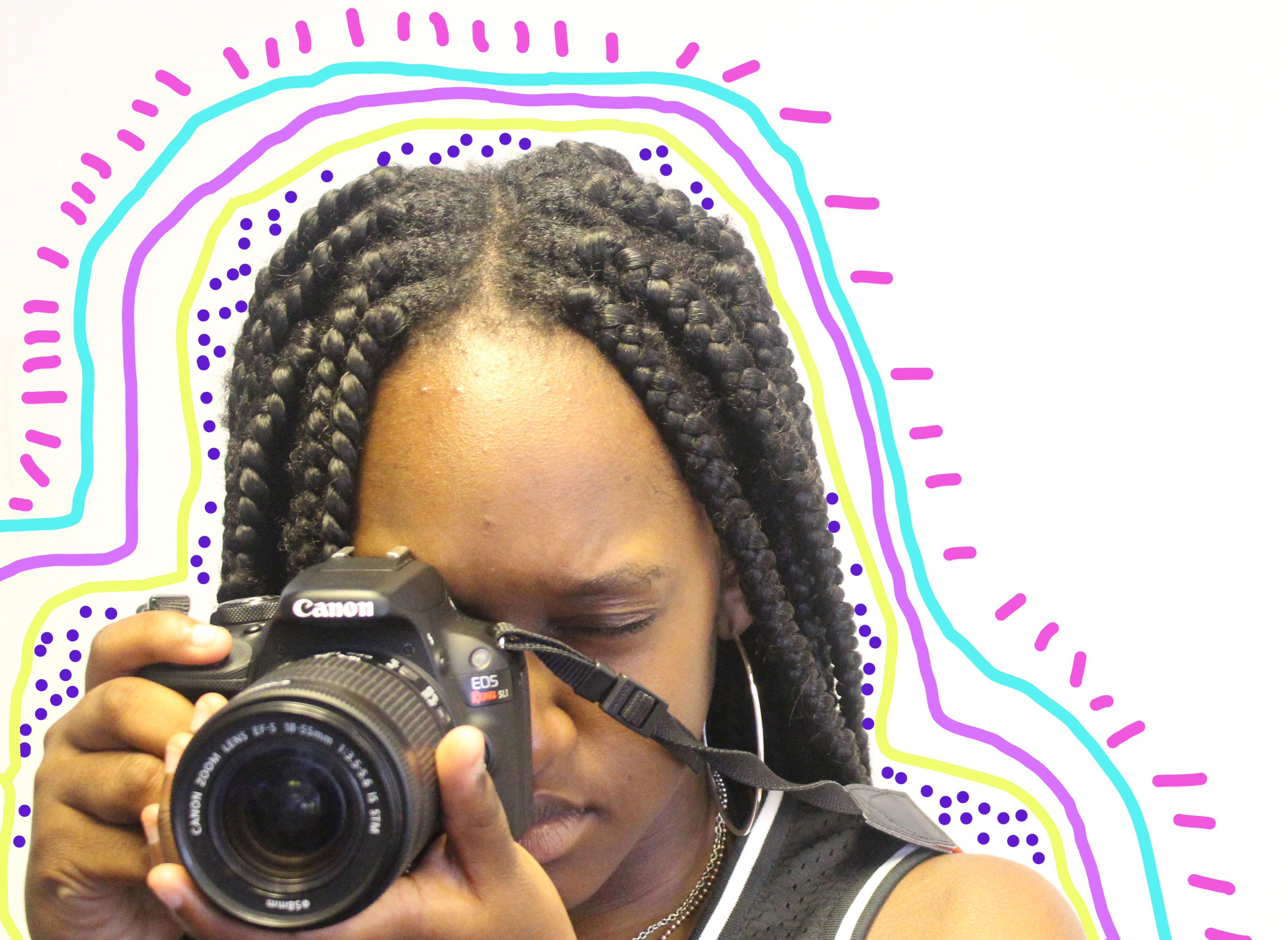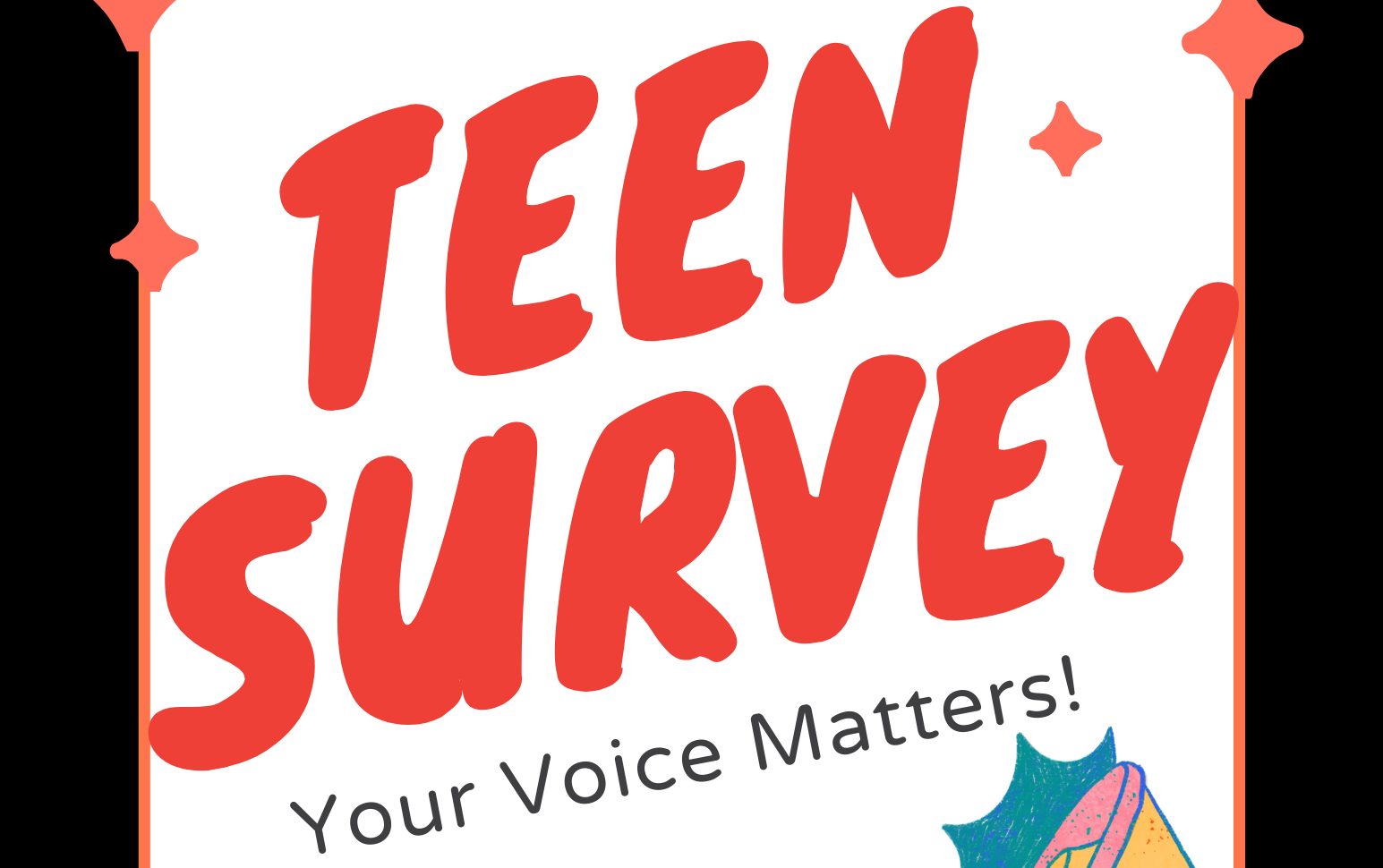This past May, after only four months in office, Governor Brian Kemp signed H.B. 481, a controversial bill that has been coined the “Heartbeat Bill.” The heartbeat bill is essentially a ban on terminating pregnancies six weeks after conception, when a doctor can detect the fetus’s heartbeat.
The consequences of abortions after six weeks are especially harsh. The Atlanta Journal-Consitution reports, “The technical language of the law implies prosecutors could file murder charges against women who get abortions after a fetal heartbeat is detected and doctors who perform them.” Meaning, if a woman decides to terminate a pregnancy at any time after six weeks, they could face up to life in prison. With the law being widely criticized as restrictive and sexist in nature, and large companies such as Nike, and Ben and Jerry’s aligning themselves politically, it is no surprise that there was a reaction in the film industry.
And with that, #boycottgeorgia was born.
#Boycottgeorgia popped up on timelines all across the country as entertainment companies including Disney, Sony, Pictures, Netflix, Warner Media and AMC Networks have all threatened to pull from production in the state because of the bill.
It is an irrefutable fact that the film industry has been beneficial to Georgia. According to Variety, in the 2018 fiscal year, Georgia generated $9.5 billion and has created over 90,000 jobs and 4.6 billion in total wages. So while companies boycotting for what they believe in is a powerful thing, if these companies decide to go through with a boycott and pull out of Georgia, they will have to hold themselves accountable for the everyday people they are going to effect. And herein lies the question: Who holds accountability? Georgia and its legislation, or these big companies? Is is OK for corporations to boycott for the “greater good,” even when there are innocent people in the cross-fire?
Jada Jackson, 19, a former re:imagine filmmaker, says yes. Jackson has worked as a production assistant in Georgia, and she is an advocate for womens’ rights.
“I will never agree with a man telling a woman where and when they are able to get an abortion, it’s annoying,” she says.
When asked if she agrees with companies pulling production from Georgia, she said, “It puts pressure on Georgia.” As for Jackson and her future, she is currently a student majoring in journalism at Arizona State University and despite Georgia’s now questionable light in the film industry, she would still choose to pursue a film career here instead of “oversaturated” California.
However, some disagree. Georgia State University film student Giovanni Tortorici, 20, is the co-creator of Potluckatl Arts and Entertainment film collective. He is part of a larger demographic who would be affected. What did he speculate would happen to below the line (makeup artists, interns) and above the line (directors, producers) people currently in the industry?
He told VOX ATL, “What ends up happening is people who don’t support the legislation in below and above the line jobs are relying on that money. Women [in Georgia] working in the industry, that’s huge.”
Although he highlights the women in the industry that would be affected, Tortorici explains that even though he focuses on creating content, he takes production assistant jobs for commercials and TV. Does he think it’s fair that legislation could have repercussions on his career?
“Giving an ultimatum with the current administration, [the administration] has such a lack of logic that giving an ultimatum is almost like a shot in the dark,” he says.
When asked if he thinks film companies´ threats to pull out of Georgia would change legislators’ minds, he responded, “I don’t know. I wish I could give a solid answer, but it’s all so up in the air. It’s weird because this kind of stuff makes people feel really small, but when you make a film you are literally saying, ‘Hey, this is my perspective on the world and this is how society is affecting me and this is how I’m affecting society.’”
And that’s exactly what Tortorici has been doing. With his film collective, he has been directing and producing content and hopes to give voice and resources to up and coming filmmakers in Georgia.
It’s safe to say that there is more to boycotting than meets the eye. Whether they like it or not, the future of Georgia grown filmmakers are in the hands of these companies. Not to discount the impact of protest, because boycotting is a practice that has a history of changing America for the better in many instances but, with such a big change, companies have to decide if they are OK with the collateral damage. To Disney, Sony, Netflix, AMC and Warner, I imagine the decision to boycott is not taken lightly, but the future of young directors should have more weight than a hashtag.




